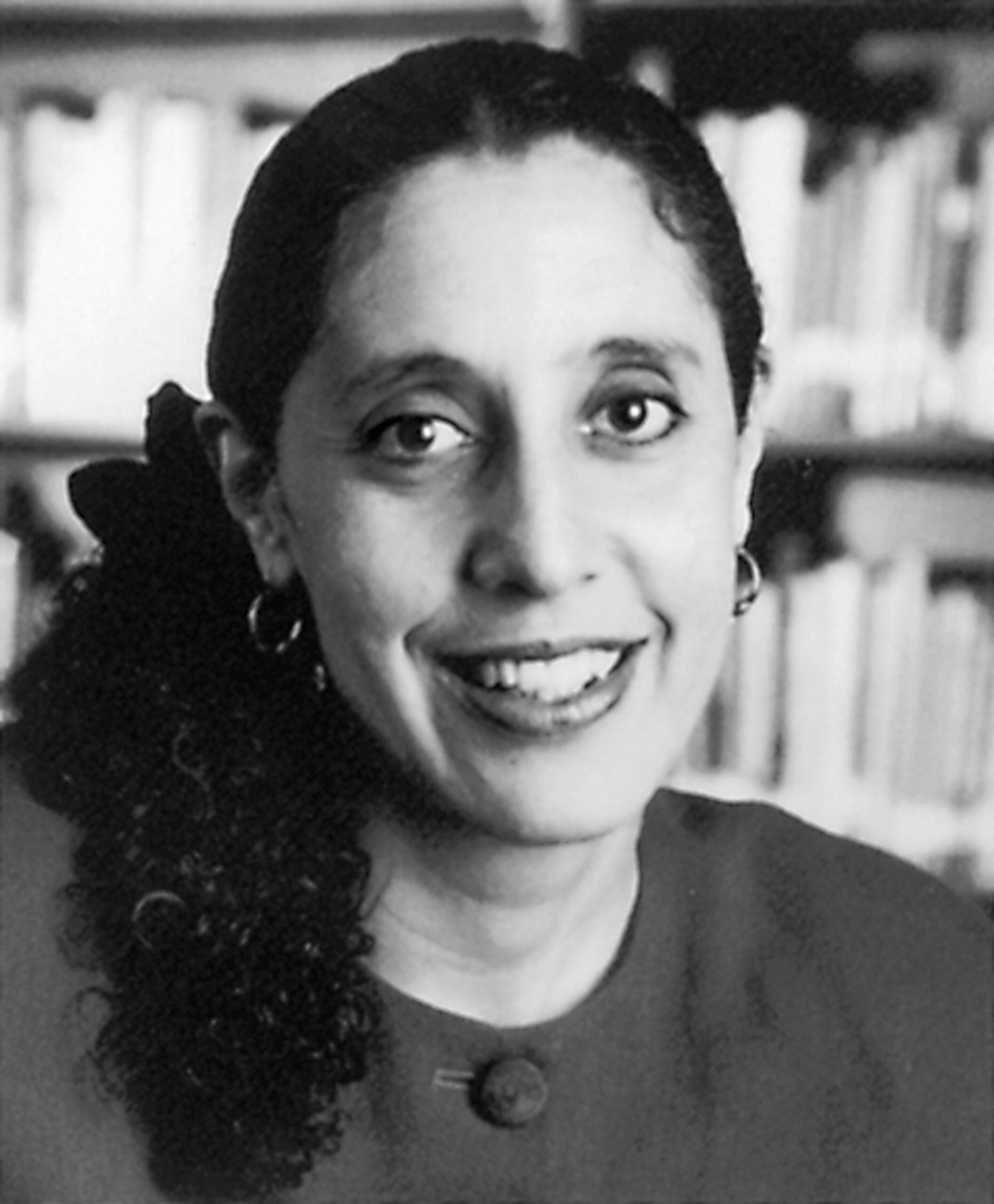The following op-ed, “Trial by Firefighters,” co-written by HLS Professor Lani Guinier and Columbia Law Professor Susan Sturm, was published in the July 11, 2009, edition of The New York Times. They are also the co-authors of “Who’s Qualified: A New Democracy Forum on the Future of Affirmative Action” (Beacon Press, 2001).
STANDING on the steps of the federal courthouse in New Haven, the lawyer Karen Torre reveled in her clients’ victory in a recent case before the Supreme Court. She anointed her clients — the white firefighters who scored well on a promotion test — “a symbol” for millions of Americans who are “tired of seeing individual achievement and merit take a back seat to race and ethnicity.”
But the Supreme Court’s 5-to-4 decision last month — that New Haven should not have scrapped the test — perpetuates profound misconceptions about the capacity of paper-and-pencil tests to gauge a person’s potential on the job. Exams like the one the New Haven firefighters took are neither designed nor administered to identify the employees most qualified for promotion. And Ms. Torre’s identity-politics sloganeering diverts attention from what we need most: a clear-eyed reassessment of our blind faith in entrenched testing regimes.
New Haven used a multiple-choice test to measure its firefighters’ retention of information from national firefighting textbooks and study guides. Civil service tests like these do not identify people who are best suited for leadership positions. The most important skills of any fire department lieutenant or captain are steady command presence, sound judgment and the ability to make life-or-death decisions under pressure. In a city that is nearly 60 percent black and Latino, the ability to promote cross-racial harmony under stress is also crucial.
These skills are not well measured by tests that reward memorization and ask irrelevant questions like whether it is best to approach a particular emergency from uptown or downtown even when the city isn’t oriented that way. The Civil Service Board in New Haven declined to certify the test not only because of concerns about difference in scores between black and white firefighters but also because it failed to assess qualities essential for firefighting.
As Justice Ruth Bader Ginsburg noted in her dissent, tests drawn from national textbooks often do not match a city’s local firefighting needs. Most American fire departments have abandoned such tests or limited the multiple-choice format to 30 percent or less of an applicant’s score. In New Haven, the test still accounted for 60 percent of the score. Compounding the problem, insignificant numerical score differences were used to rank the firefighter candidates.
What should a city do when its promotion test puts a majority of its population at a disadvantage and is also unlikely to predict essential job performance? People who excel on such a test may expect to be promoted. But testing should not be about allocating prizes to winners. No one has a proprietary right to a particular open job, even if that person worked hard preparing for a test.
When a city replaces a bad test, as New Haven wanted to do, the employees who did well on it do not lose their right to compete for promotions; they merely need to compete according to procedures that actually identify people who advance the mission of saving lives and property — and enhance the department’s reputation in the community for treating all citizens with respect.
Yet many Americans believe so strongly that tests are fair that they never question the outcomes, especially when those outcomes conform to stereotypes about people of color. Such preconceptions lead to the conclusion that blacks or Latinos who don’t do well must lack individual initiative or ability.
As the plaintiff in the New Haven case, Frank Ricci, declared, “If you work hard, you can succeed in America.” His lawyer went further: White officials who voted for a better assessment system must have been lowering “the professional standard of competence,” she said, “for the sake of identity politics.” Yet, in New Haven, no one was promoted instead of the white firefighters.
In fact, many fire departments with a history of discrimination, like New Haven’s, still stack the deck in favor of candidates who have relationships to people already in the fire department. Those without $500 for the study materials or a relative or friend from whom they might borrow the books were put at a disadvantage.
Moreover, it was the firefighters union — which sided with the white firefighters in the Supreme Court — that negotiated the contractual mandate giving disproportionate weight to the multiple-choice test. Those negotiations occurred two decades ago when the leadership of the department was virtually all white.
Taking this into account, after five days of public hearings, Malcolm Webber, one of the white members of the New Haven Civil Service Board, said: “I’ve heard enough testimony here to give me great doubts about the test itself and the testing — some of the procedures. And I believe we can do better.”
Unfortunately, the Supreme Court blessed entrenched testing regimes that do not advance public goals and fell for the story about identity politics run amok. That doesn’t mean, though, that cities need to hire and promote firefighters who are “book smart” but “street dumb.”
Fortunately the court left room for municipalities to develop alternative assessments to promote people with the skills needed to advance public safety in a diverse citizenry. Indeed, most American fire departments have already rejected written tests in favor of “assessment centers” that simulate on-the-job challenges and focus on problem-solving in the relevant context. In so doing, city officials demonstrate that their decisions are wiser than the Supreme Court’s.
